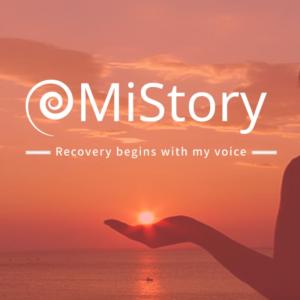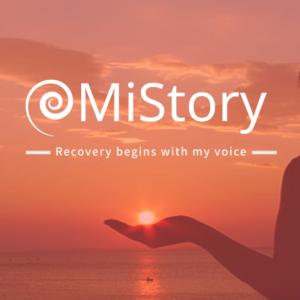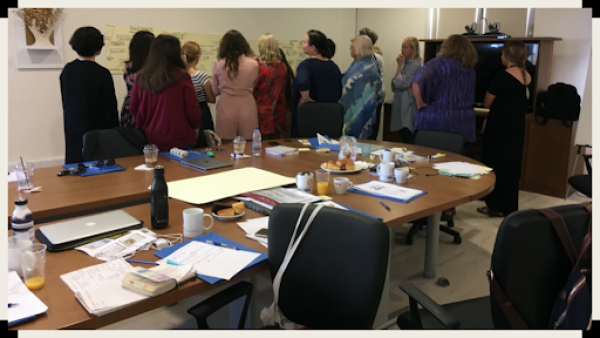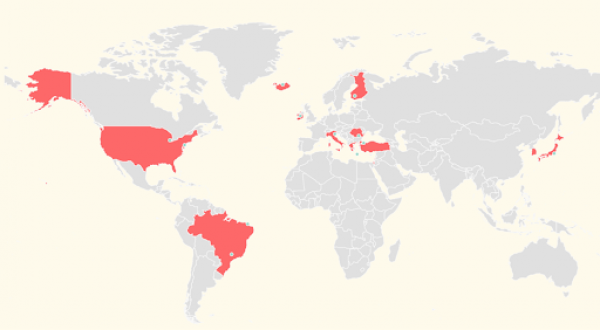The Development of the MiStory International Trauma Recovery Research Consortium


The Multicultural Study of Trauma Recovery (MiStory) is an international research consortium working to understand how context, culture, the self, gender, and trauma recovery intersect. Directed by Professor Denise Saint Arnault with funding in part from IRWG seed grants, the collaborative currently has 30 members from 13 countries across several continents, and continues to grow. In a presentation for IRWG last month, Professor Saint Arnault provided an overview of the consortium’s activities.
Over the past 12 years, Saint Arnault and her colleagues set up international research sites, developed internationally secure strategies to ensure participant safety, developed and led trauma-informed process trainings, and created culturally relevant materials to be used at each site. Each research site conducts studies with victims of gender-based violence in an effort to assess internal and external barriers to recovery and healing. Participant safety is a top priority, and the research methods center meaning-making and self-discovery, in order to avoid re-traumatization.
Utilizing a conceptual framework that assumes that the normalization of gender-based violence in society affects recognition, evaluation, and responses to violence, MiStory researchers hypothesize that internal barriers--things that go on within the survivor--stop them from speaking out or getting help. Members use a shared interview protocol that was developed for cross cultural use to discover how culture affects help-seeking engagement and recovery barriers. With hundreds of participants and interviews already conducted, the project has a large, transnational database.
Innovative methods include a semi-structured ethnographic interview developed by Saint Arnault called the Clinical Ethnographic Narrative Interview (CENI). “It helps trauma survivors articulate what has happened to them, make meaning from what's happened to them, and make plans for their future,” she explained. It uses a variety of exercises, including body mapping, where the survivor “shows us what it feels like to be in their body.” (An example of a body mapping exercise is pictured below.)

Another tool is Photo-experiencing and Reflective Listening (PEARL). PEARL (developed by Dr. Laura Sinko, a MiStory researcher and board member) is a Photo elicitation process by which individuals can explore their reactions to the world around them and then reflect on these experiences with a trained, compassionate witness. It uses the benefits of experience sampling and narrative, along with photos, to allow an individual to look at their environment in a new way and notice the people, situations, and environments that influence their thoughts and feelings about a particular topic.
Collaboration is essential for this project. With IRWG support, MiStory researchers were able to gather in Greece for data analysis (pictured below, pre-pandemic), and recently launched a website to provide information for prospective collaborators. They are also holding monthly virtual labs to continue their work that are open to any researcher.

Importantly, MiStory is expanding scientific methods, the approach to trauma recovery, and the cadre of scientists working on gender-based violence research and interventions. “We have quite a bit of engagement with students: many, many doctoral students and four post-doctoral scholars, all of whom have gotten research funding from their governments or from Fulbrights,” said Saint Arnault. Each research site is also doing internal work to develop junior faculty and UM students in trauma-informed research and analysis. As a mixed methods specialist, Saint Arnault is helping train scholars in the international sites in mixed methods strategies to capture recovery experiences.
The researchers have over 15 publications and are testing the photo-elicitation process and CENI interview protocol in various sites. A few of the sites are looking now at the use of the CENI for intake in trauma recovery services for refugees. Researchers are also working to translate and validate survey instruments to ensure survivor’s voices are represented.
More information about the project, including resources for researchers, trauma care providers, and survivors is available on the website mistory-traumarecovery.org.
Denise Saint Arnault is Professor of Health Behavior and Biological Sciences at the University of Michigan’s School of Nursing and an IRWG faculty affiliate. Her presentation was part of a virtual panel discussion sponsored by IRWG’s Initiative on Gender Based Violence and Sexual Harassment. A second panel of faculty projects is scheduled for Friday, November 13 at 12pm. Learn more.

